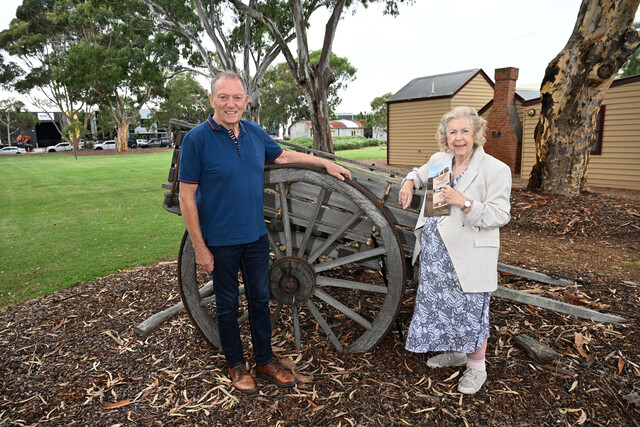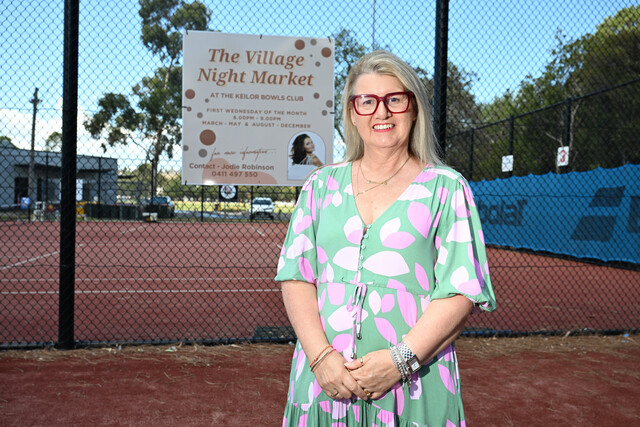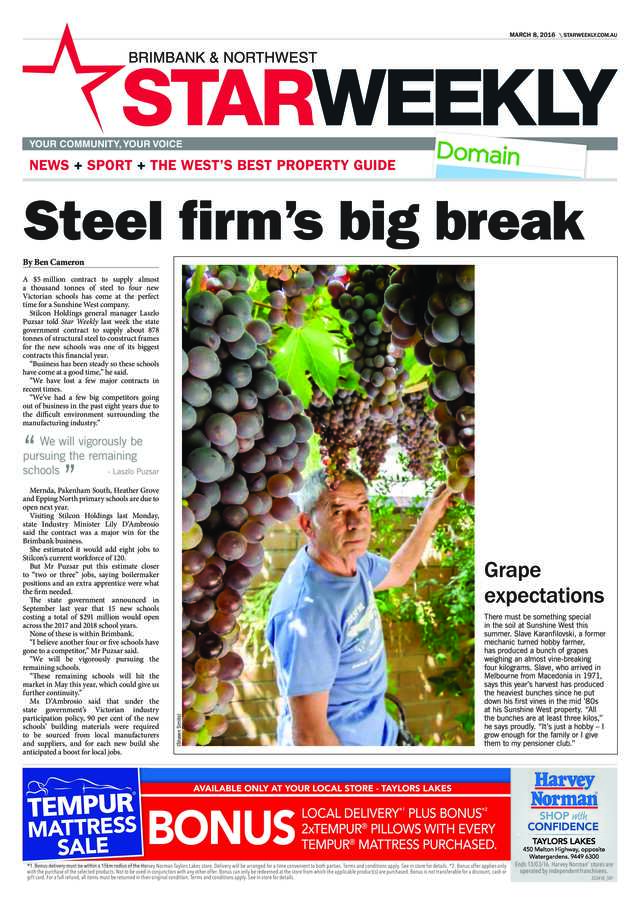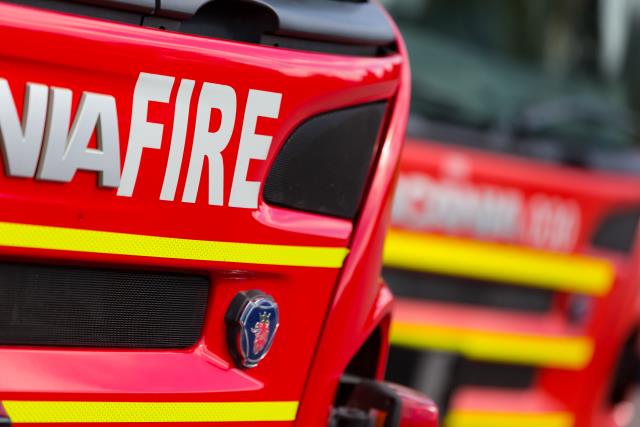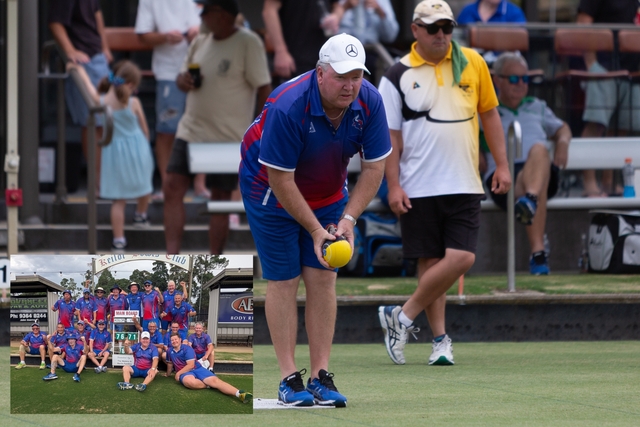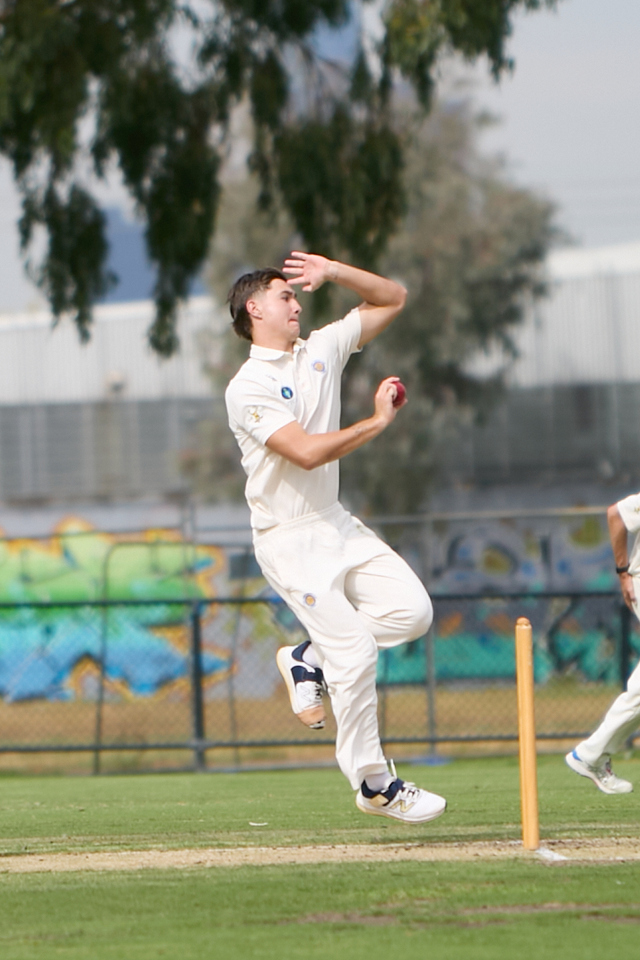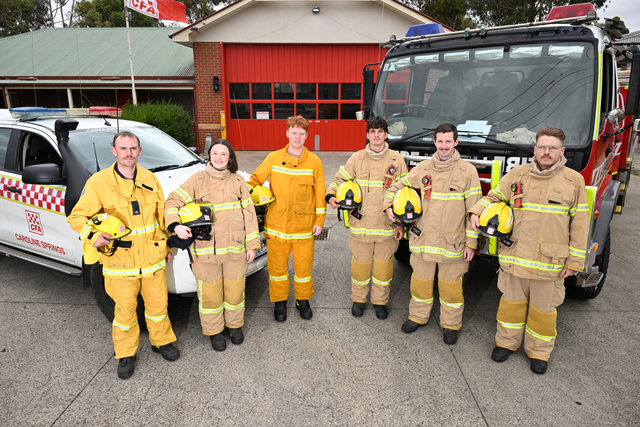‘Everyone’s a top bloke when they’re dead’, sang The Chaser’s Andrew Hansen some years ago. There is something about the mysterious and frightening transition to the netherworld that blunts our collective scorn towards our fellow citizens and immediately confers on them the status of hero. Or, at the very least, top bloke. It seems to be the ultimate form of declining to kick a man when he’s down, given there’s no point lower that he can go.
Something like this has just happened with the high-profile death of stand-over man and self-confessed murderer Mark Brandon “Chopper” Read. Reams of giddy newsprint were given over to celebrating – yes, celebrating – the life and violent times of this man, and from the pages emerges a violent, thuggish, but nonetheless charming, winning bandit. He is a crook with heart; an outlaw to be spoken of in the same terms as Ned Kelly.
In truth, Read worked as a stand-over man and was convicted of armed robbery, assault, kidnapping, arson, impersonating a police officer and attempted murder. This is the sort of person that the tabloid newspapers usually shriek about being out on the streets if judges don’t have the courage and the proper understanding of “community concerns” to lock them away for the rest of their lives. Unless they’re Chopper.
Some of this is not so difficult to understand: it’s human nature to have a sneaking admiration for a bad guy, and a city like Melbourne particularly likes its gangland characters – mostly because we have the luxury of only reading about them and of living lives far removed from their dangerous domains (unless our children buy party drugs, but that’s another story and one we’d all rather not focus on). But the particular fondness for Chopper is something else altogether, and for me the affection all comes down to humour: the quality Australians revere above all others; the personality trait that can elevate anyone above their crimes. Do a terrible thing, we’ll hang you high; but tell a joke about it and we’ll give you a TV show.
A film such as Chopper would never have been made, and would never have been the success that it was, without the disarming humour of a quite witty man at its heart. And the apparent paradox of a violent man being funny and smart, quick and clever with words gives him a piquancy that makes it easy for some to overlook an awful history. It’s what drew journalists Andrew Rule and John Silvester to Read and to begin their writing partnership. It’s what turned public opinion against the producers of a late-night TV chat show when Read got drunk in the green room and appeared foul-mouthed on air: Read was not the villain, instead those who provided him with beer were.
One of my closest friends is a former County Court judge who had a little to do with Chopper in his early days. Now, this is a man who finds little about malfeasance to be funny: he’s not a humourless man, but he is a deeply moral and sober man who takes the law seriously. But ask him about Chopper and a smile immediately starts to play about his face, his voice lifts and the anecdotes come pouring out with more enthusiasm and, yes, even affection than I think he’d like to admit.
There was something about this bad, violent but funny man that seems to have got under the skin of so many who surely knew better.



